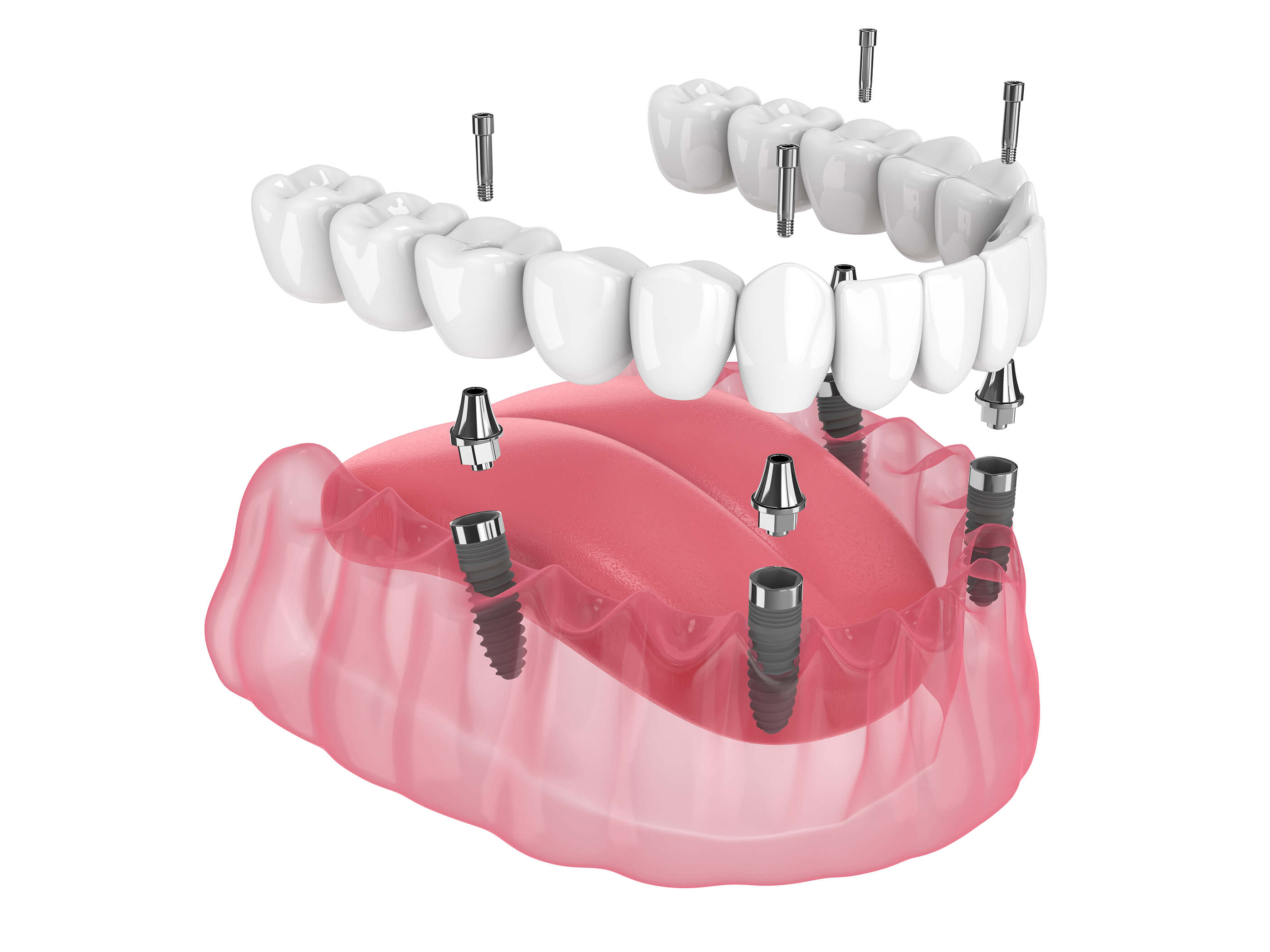Dental Implants in Temecula, CA

If you've sustained tooth loss, you may come across various drawbacks of it, such as loss of confidence, the gradual loosening of teeth from their sockets, malocclusion, etc. There are several means of restoring extracted teeth (bridges, dentures, crowns), but dental implants are considered the best and most long-lasting solution.
However, getting dental implants is easier said than done, as several factors influence the candidacy. A well-trained dentist would screen your teeth, and after careful diagnosis, the dentist will declare whether or not implants are suitable for you.
What influences the candidacy for dental implants?
- Dental implants are a combination of a visible ceramic crown and a titanium implant stud. The titanium stud will be allowed to fuse with the jawbone by placing it in a tiny hole made in place of the missing tooth. However, placing the implant requires sufficient jawbone volume, which otherwise could make it unstable.
- Extracting a tooth could remove a small amount of jawbone along with the tooth root. If the bone structure is weak, it could lead to jawbone deterioration, denying its minimum required amount. A bone graft will be needed in such instances, where bone tissues from a healthy part of the body will be taken and grafted to the implant site.
- Patients should be in a good state of oral health. Certain factors such as oral infections, gum diseases (gingivitis and periodontitis), severe cavities, failed restorations, etc., could influence dental implants' candidacy.
- Patients who would like to get dental implants should be willing to undergo two surgeries. A healing period of at least three to six months will be recommended between the two to facilitate optimum healing of the wound and the fusion of the bone with the implant.
- Patients with chronic diseases, such as diabetes, hemophilia, issues with the nervous system, high blood pressure, heart problems, etc., may not be suitable candidates for dental implants.
- Patients diagnosed with bruxism or teeth grinding will have to be given treatment before getting implants.
- Pregnant women are usually not ideal candidates for dental implants.
What are the advantages of choosing implants?
- Implants offer impressive longevity. With optimum care and hygiene, they can last several years and provide exceptional performance during the long run.
- They are highly strong and durable. You can bite and chew food as always with implants as they undergo negligible wear.
- They avoid the drifting of teeth from their positions towards the gap. Often, when a tooth is removed, the remaining teeth gradually move from their places as there is a gap next to them. But, when you get them restored by implants, this occurrence is prevented.
- They can be used to support other structures such as crowns, implant-supported bridges, implant-supported dentures, etc. This way, they are efficient at replacing the aesthetics and functionality of the teeth.
- Most impressive of all, they look exactly like natural teeth. No one would ever get to know that you have a prosthetic tooth, even upon taking a closer look.
To have a consultation with our team of dentists, please call Dentist in Temecula, CA at (951) 676-4556 or schedule an online consultation, and we'll guide you further.
Office Hours
MON - THU 9:00 am - 6:00 pm
FRI 9:00 am - 3:00 pm
SAT By appointments only.
SUN Closed










